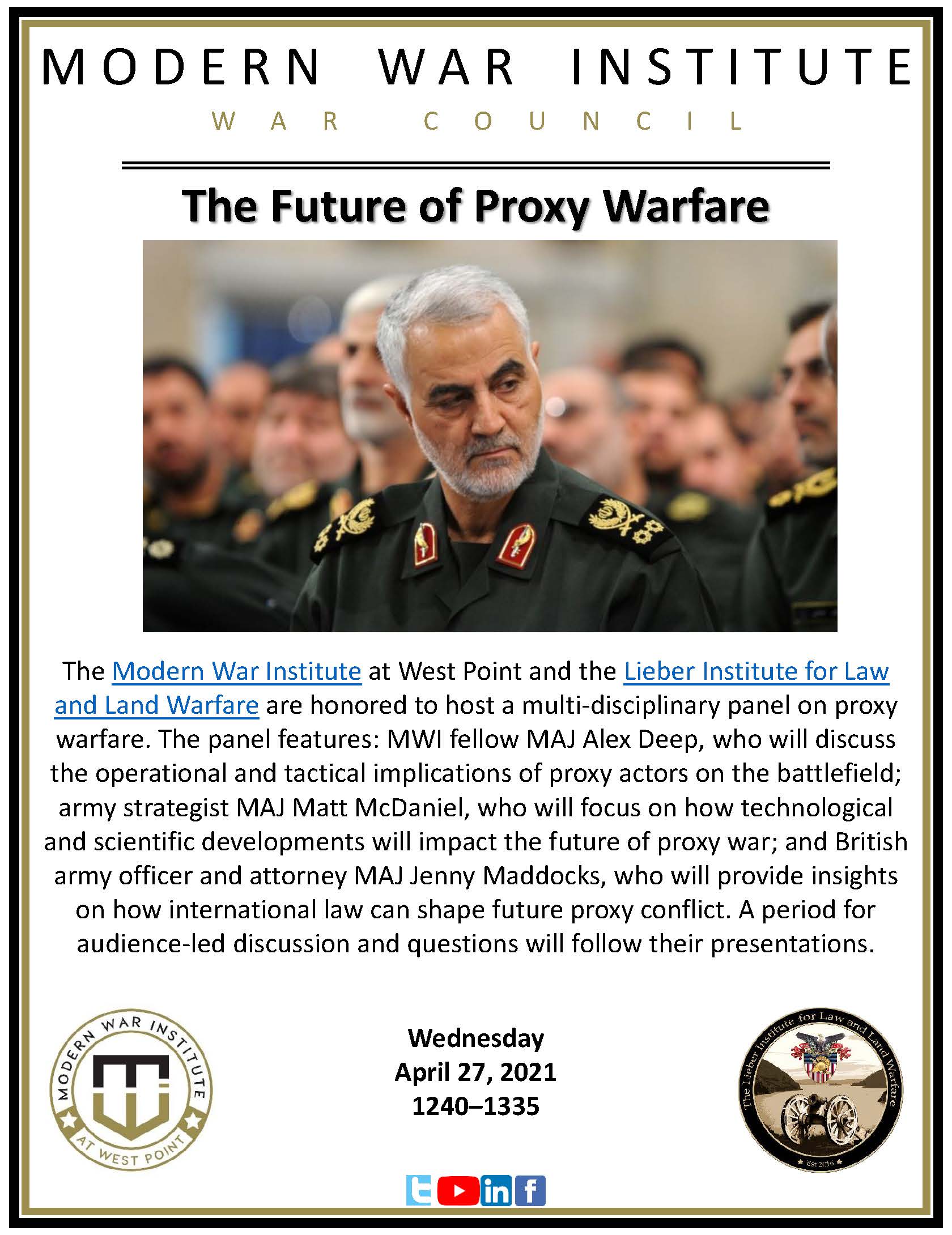Military
Proxy Warfare Explained

Introduction to Proxy Warfare

Proxy warfare refers to a situation where a major power uses a third party, often a smaller state or a non-state actor, to wage war on its behalf. This type of warfare has been used throughout history, but it has become increasingly prominent in modern times due to the complexities and risks associated with direct military intervention. Proxy warfare allows major powers to achieve their strategic objectives while minimizing the risk of direct confrontation with other major powers. In this blog post, we will delve into the world of proxy warfare, exploring its characteristics, benefits, and drawbacks, as well as providing examples of its use throughout history.
Characteristics of Proxy Warfare

Proxy warfare has several distinct characteristics that set it apart from other forms of warfare. Some of the key characteristics include: * The use of a third party to wage war on behalf of a major power * The provision of financial, military, and logistical support to the proxy force by the major power * The use of proxy forces to achieve strategic objectives, such as regime change or territorial control * The ability of the major power to maintain plausible deniability, making it difficult to attribute the actions of the proxy force to the major power * The potential for proxy warfare to escalate into a larger conflict, either between the major power and the target state or between the major power and other external actors
Benefits of Proxy Warfare

Proxy warfare offers several benefits to major powers, including: * Reduced risk of direct confrontation: By using a proxy force, major powers can avoid the risks associated with direct military intervention, such as casualties, economic costs, and diplomatic fallout. * Increased flexibility: Proxy warfare allows major powers to achieve their strategic objectives without being tied to a specific military strategy or timeline. * Plausible deniability: The use of proxy forces makes it difficult to attribute the actions of the proxy force to the major power, providing a degree of plausible deniability. * Cost-effectiveness: Proxy warfare can be a cost-effective way for major powers to achieve their strategic objectives, as the financial and military costs are often borne by the proxy force.
Drawbacks of Proxy Warfare

While proxy warfare offers several benefits, it also has some significant drawbacks, including: * Loss of control: Major powers may have limited control over the actions of their proxy forces, which can lead to unintended consequences and escalation. * Unreliable allies: Proxy forces may have their own interests and agendas, which may not align with those of the major power. * Humanitarian concerns: Proxy warfare can lead to significant humanitarian concerns, including civilian casualties, displacement, and human rights abuses. * Escalation risks: Proxy warfare can escalate into a larger conflict, either between the major power and the target state or between the major power and other external actors.
Examples of Proxy Warfare

Proxy warfare has been used throughout history, with several notable examples including: * The Soviet-Afghan War, where the Soviet Union used proxy forces to wage war against the Democratic Republic of Afghanistan * The Iran-Iraq War, where both Iran and Iraq used proxy forces to wage war against each other * The Syrian Civil War, where several major powers, including the United States, Russia, and Iran, have used proxy forces to achieve their strategic objectives * The Ukrainian-Russian Conflict, where Russia has used proxy forces to wage war against Ukraine
💡 Note: Proxy warfare can be a complex and nuanced issue, and it is essential to consider the specific context and circumstances of each conflict to understand the role of proxy warfare.
Table of Proxy Wars

| Conflict | Major Power | Proxy Force | Target State |
|---|---|---|---|
| Soviet-Afghan War | Soviet Union | DRA Forces | Afghanistan |
| Iran-Iraq War | Iran | SCIRI | Iraq |
| Syrian Civil War | United States | Free Syrian Army | Syria |
| Ukrainian-Russian Conflict | Russia | Donbass Militia | Ukraine |

As we reflect on the key points discussed in this blog post, it is clear that proxy warfare is a complex and multifaceted issue that requires careful consideration of the benefits and drawbacks. By understanding the characteristics, benefits, and drawbacks of proxy warfare, we can better navigate the complexities of modern conflict and work towards a more peaceful and stable world. In summary, proxy warfare is a significant aspect of modern conflict, and its use can have far-reaching consequences for international relations and global security.



